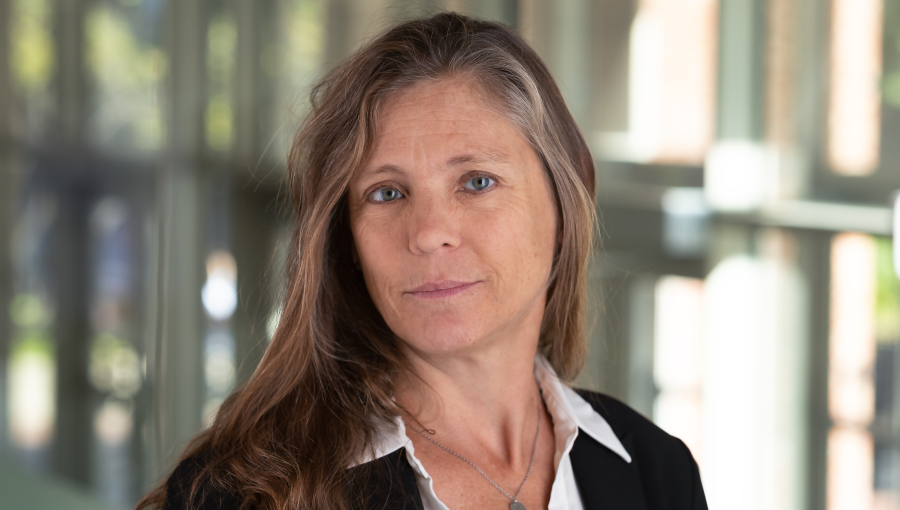Guarini Institute Holds Panels on U.S. Elections, Populist Challenge
By Cristian Tracci
On Wednesday, October 26, the Guarini Institute for Public Affairs and the Festival of Diplomacy hosted a panel discussion on the “American Elections: The Foreigners’ View.” Patricia Thomas, journalist at Associated Press Television News, moderated the discussion between Mario Javier Osorio Beristain, correspondent of Notimex, from Mexico, Jamal Jadallah, correspondent of the Palestinian Press Agency, and Bar Yossi, correspondent of I.B.A. Kol-Israel Radio. The journalists presented their countries’ perspectives on the American elections and on the consequences of the electoral outcome.
Mr. Javier’s view focused on the social and economic concerns in case the relations between the U.S. and Mexico might be jeopardized. Mr. Jadallah emphasized the troubling effects of Donald Trump’s unpredictability if he were elected. On the other hand, Hillary Clinton would likely be a better dialoging partner to improve the stagnant situation between Israel and Palestine. On the other hand, Mr. Yossi argued that the results are still very much unclear and that it is still difficult to give a definite account on each candidate. Finally, Ms. Thomas stressed Trump’s recent outrageous comments on women and minorities, which only add to the several unacceptable points put forward by the Republican candidate in the last months.
On Thursday, October 27, the Guarini Institute for Public Affairs and the Harvard Club of Italy organized a panel discussion on “The Populist Challenge: Trump and CO.” Pippa Norris, professor at Harvard University, presented her recently published paper “Trump, Brexit, and the Rise of Populism: Economic have-nots and cultural backlash” via Skype.
She highlighted how multiple examples in different countries point to a widespread rise of populism – the Brexit, the strong support for Trump, and the relevance of several populist parties throughout Europe. From the 70s to today, votes and seats gained by populist parties have radically increased. It is important to distinguish different kinds of populism: anti-establishment, authoritarian, and nativism. This transformation can be analyzed from three different perspectives: supply, demand, or institutional context. From the supply side, the two major theories that have been presented are economic insecurity and cultural backlash.
While in the past this was a reaction to modernity put forward by the petite bourgeoisie, today it would be the result of a new class of poor workers generated by global markets. Thus, the economically marginalized should be the majority of supporters of populism, but that is not the case. On the other hand, faith, family, patriotism, and nationalism can drive populism. Generation, religiosity, education and sex (and as well authoritarian values) should be the indicators for the rise of populism. According to the data used by Norris and Inglehart, there is no significant difference between right and left-wing parties in terms of their populist claims. There is however a clear predominance of cultural issues in their manifestos. The data shows for example that age is a significant variable in the US elections today. Therefore, social and cultural factors are the strongest predictors of populist support, as opposed to economic inequality which is less consistently related to populist votes.
Professor Ignazi pointed out that populism represents the other side of the coin of democracy. Populists indeed often want full, direct democracy. Being unable to get it, they become frustrated. The people are the locus of all goods. Everything is in it, nothing outside. This reasoning still stands behind the populist interpretation of the world because of a lack of social bonds. The poor feel betrayed by their own defendants, which is the result of a neoconservative project – the emphasis on individualism and the liquid society. This has made people feel alone. Participation was fostered by associations and parties that created a space of equality.
President Pavoncello emphasized the importance of the political level. The Brexit, Trump and, above all, Italy are examples of the political nature of the rise of populism. In the last years, Italy has thrown away its political capital. The population has been demobilized and therefore people are now open to other possibilities. The Five Star Movement, indeed, entails all elements of postmaterialism, but at the same time represents people who feel the most endangered by the economic crisis. There is today a postmaterialist class that is becoming populist. If the politics were able to provide answers, populism would probably diminish in appeal and importance.
The President of the Harvard Club of Italy, Fabio Filocamo, concluded the event by underlining the complexity of the global populist phenomenon, hardly explained by a single bottom-line reason, valid for each and every country. The lack of leadership on both sides of the ocean explains both the rage of people and their leaning towards populist figures who eventually “play the music voters want to hear.” In other words, current political stars are turning politics into a commodity, by positioning and marketing the “product” as the “market“ expects it to be.






